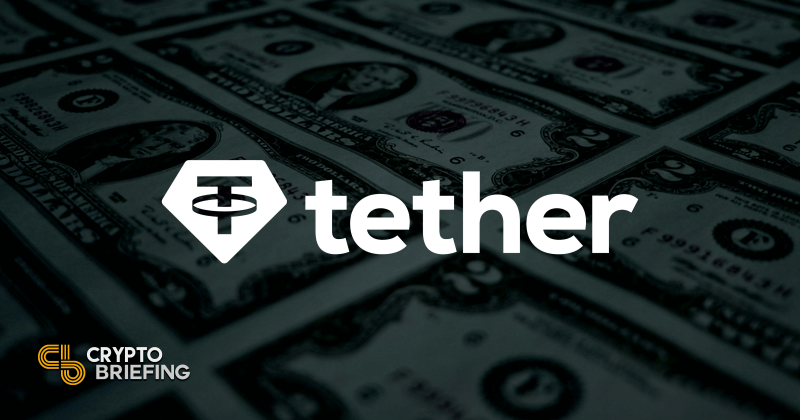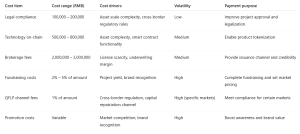Tether explores lending billions to commodity traders to shake up traditional trade finance

Key Takeaways
Tether eyes commodity trade lending as smaller firms struggle to access traditional financing.
USDT is already facilitating cross-border trade for Russian and Venezuelan exporters, underscoring stablecoins’ growing role.
Share this article
Tether Holdings, the issuer of the world’s largest stablecoin USDT, is exploring lending to commodities trading companies, according to a Bloomberg report.
The crypto firm has held discussions with several commodity trading companies about potential US dollar lending opportunities, according to individuals familiar with the matter.
Commodity traders, particularly smaller firms, often rely on credit lines to finance shipments of oil, metals, and food across the globe, but accessing funds has become increasingly challenging.
While major players in the commodity trading industry have access to extensive credit networks, smaller firms often struggle to secure financing. Tether’s proposal offers an alternative that could streamline payments and trades, avoiding the stringent regulatory conditions of traditional financial institutions.
In an interview with Bloomberg News, Tether CEO Paolo Ardoino confirmed the company’s interest in commodity trade finance but emphasized that discussions are preliminary.
“We are interested in exploring different commodity trading possibilities,” Ardoino said, adding that the opportunities in the sector could be “massive in the future.”
While Ardoino declined to disclose how much the company intends to invest in commodity trading, he indicated that Tether is carefully defining its strategy.
“We likely are not going to disclose how much we intend to invest in commodity trading. We are still defining the strategy,” Ardoino said.
Tether’s USDT has already been utilized in cross-border transactions by major Russian metals producers and Venezuela’s state oil company PDVSA, according to reports. The stablecoin’s role in facilitating international trade, particularly in sanctioned markets, highlights the potential for alternative financial infrastructure to support the commodity sector.
Share this article












